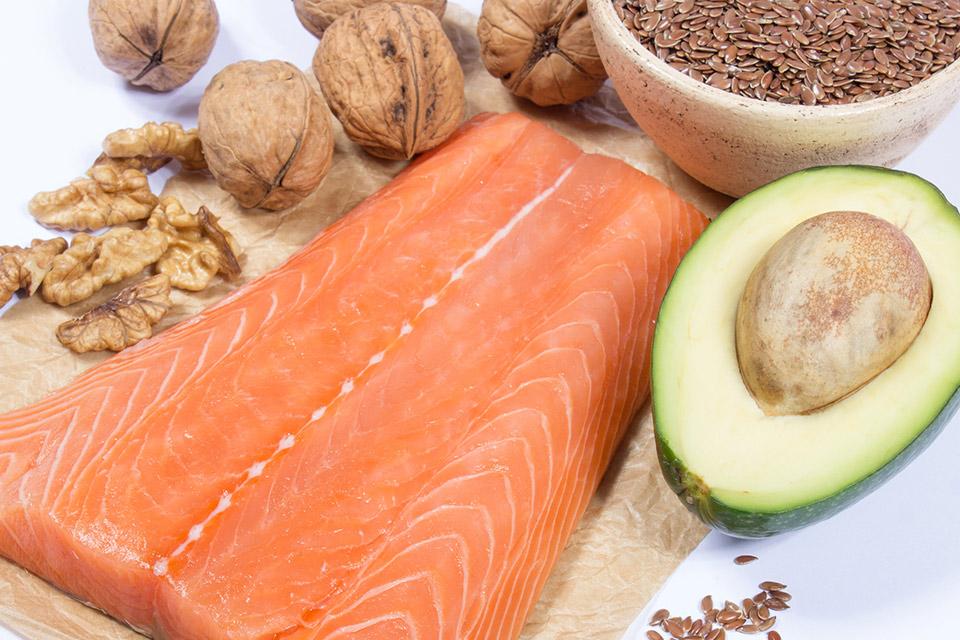Heart disease is the leading cause of death for men and women and for people of most racial and ethnic groups in the United States. We usually think avoiding fat is the best way to improve our cholesterol and heart health, but we actually need fat in our diets — some fats can actually improve our cardiovascular health. When we cut back on fats, we tend to add more refined carbohydrates and sugars to our diets and those are actually worse. So which fats should you be incorporating in your diet?

Bad fats are called trans fats. Food ingredients that are “partially hydrogenated” or “hydrogenated” will have trans fats in them. The reason they are so unhealthy is because they increase your “bad” cholesterol (LDL cholesterol), lower your “good” cholesterol (HDL cholesterol) and increase inflammation. Trans fats can be found in commercially baked and fried foods like crackers, cookies, muffins, pies, cakes and bagged popcorn.
Saturated fats have a bad reputation, but recent studies indicate they may not increase heart disease risk like once thought. Saturated fats are usually solid at room temperature and found in butter, red meat, full fat dairy, coconut oil, baked goods, etc. Until we know more, it’s probably best to eat these fats in moderation. There’s not enough research yet to give the public a definitive answer about saturated fats, but we know there are better fats for you.
Now let’s talk about good fats, the unsaturated fats. There are two types: monounsaturated and polyunsaturated fats. Replacing trans and saturated fats with these fats will help improve your cholesterol and decrease your risk of heart disease. Sources of monounsaturated fat include olive oil, peanut oil, canola oil, avocados, nuts and seeds. A recent research article revealed that consuming one to one and a half avocados per day may reduce total cholesterol, LDL (bad) cholesterol and triglycerides when used as a replacement for saturated fatty foods.
Polyunsaturated fats include omega-3 fatty acids like salmon, mackerel, tuna, sardines, flaxseeds, walnuts, canola oil and chia seeds. Omega-3 fatty acids can help prevent and may even treat heart disease and stroke by raising HDL (good) cholesterol and reducing triglycerides and blood pressure.
Keep in mind that while we need fat for our bodies to function, fat contains more calories per bite than protein and carbohydrates. Be aware of your portion sizes when eating healthy fats. Calories can add up fast, so a handful of nuts, one tablespoon of oil and three ounces of fish will do the trick.
